National Professional Qualifications (NPQs): call for evidence
Feedback updated 21 Oct 2025
We asked
This call for evidence asked respondents to submit research that may inform updates to the evidence-base underpinning 3 NPQ frameworks.
You said
The department received 159 individual submission responses. The 159 submission responses included 200+ different insights, which included a range of evidence studies and other sources of information. The department is appreciative and thankful to all individuals and organisations who took the time to formally respond and submit research for consideration.
We did
Please read the response document included on gov.uk for further information about the evidence that was received and the next steps for its use.
The department is now working closely with EEF and external experts to review the evidence and inform decision making when updating the frameworks. The department is openly engaging in multiple forums to ensure a wide range of views are considered when reviewing and updating the NPQ suite.
If you have any insights to share, or would like further information on potential opportunities for engagement, please contact npq.insights@education.gov.uk.
Overview
We are seeking recent, relevant and high-quality research that may inform updates to the evidence-base underpinning 3 NPQ frameworks.
This call for evidence is seeking research that may inform changes to the following frameworks only: Headship (NPQH), Senior Leadership (NPQSL) and Executive Leadership (NPQEL).
Please read and refer back to the guidance included at the bottom of this page when completing the survey to submit evidence.
Why your views matter
This is an evidence gathering exercise. This call for evidence is one part of the process to formally review the NPQs, which aims to ensure they are based on the best available evidence and best-practice of teaching and leadership in education.
What happens next
Once the call for evidence has closed, the department will publish a response with information about the evidence that was received and the next steps for its use. The department will launch a separate call for evidence in Autumn/Winter 2025 for the remaining NPQs.
Evidence submitted will be considered by the department and the Education Endowment Foundation. The frameworks will be independently reviewed and quality assured by the EEF to ensure they draw on the best available evidence and that this evidence has been interpreted with fidelity. Final decisions about amendments to the frameworks will be taken by the department.
Audiences
- Academies (including free schools), voluntary aided schools, voluntary controlled schools, foundation schools and community schools
- Adult education providers
- Bodies representing schools and local authorities
- Designated safeguarding leads
- Educational Psychologists
- Further education colleges
- Further Education leaders and workforce
- Governing bodies and academy trusts
- Government bodies and departments
- Governors
- Headteachers
- Higher Education governing bodies
- Higher Education leaders and workforce
- Independent specialist colleges
- Local authorities
- School business managers
- SENCOs
- Sixth form colleges
- Teachers
- Those researching children’s social care or education systems, with links to educational outcomes of Children in Need
- Training providers
- Unions and representative organisations
- Universities
Interests
- Academies
- Accountability
- Admissions
- Alternative provision
- Attendance and absence
- Behaviour and discipline
- Capital funding
- Education
- Equality
- Establishing maintained schools
- Financial management
- Governance
- Health and wellbeing
- Intervention
- Keeping children safe in education and other settings
- Pay, conditions and pensions
- Planning
- Preventing neglect, abuse and exploitation
- Primary assessment
- Procurement for schools
- Pupil data
- Recruitment
- Safeguarding disabled children
- School and academy funding
- School funding reform
- SEND code of practice
- Social workers' standards
- Statutory policies and guidance
- Sufficiency
- Teacher assessment
- Teachers' standards
- Teaching and learning (SEND)
- Training and development
- Travel to school and colleges

Share
Share on Twitter Share on Facebook